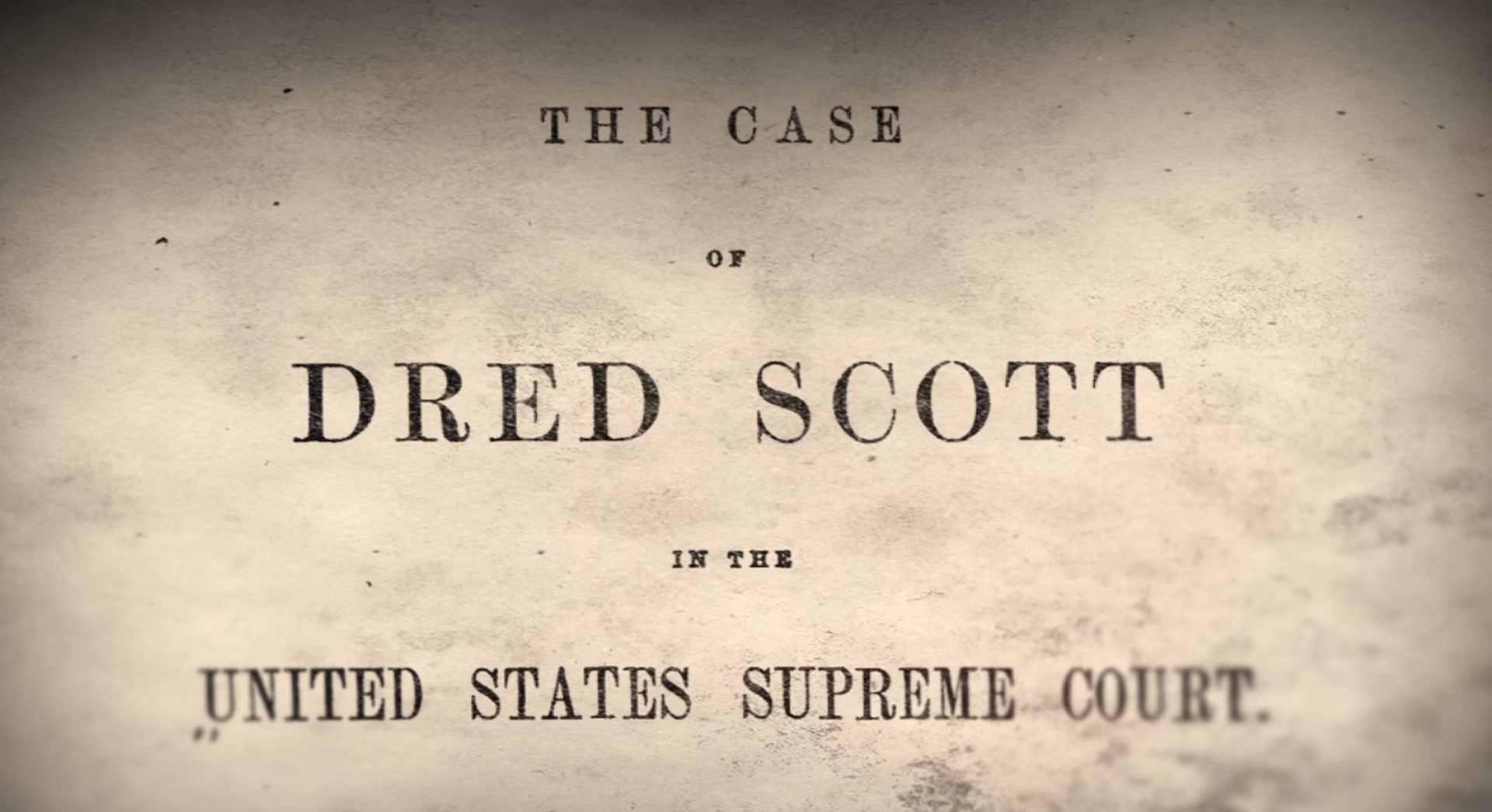
Dred Scott v. Sandford
This Supreme Court decision attempted to settle the legal status of slaves in free territories to avert a civil war, but it provoked one instead.

In the wake of the Civil War, three amendments were added to the U.S. Constitution. The Thirteenth Amendment abolished slavery (1865), the Fourteenth Amendment made freed slaves citizens of the United States and the state wherein they lived (1868), and the Fifteenth Amendment gave the vote to men of any race (1870). During this time, the nation struggled with what role four million newly freed slaves would assume in American life. With the triumph of the Radical Republicans in Congress, the Constitution was amended to grant full citizenship to former slaves and promise them equal treatment under the law, a promise that took more than a century to fulfill.
The 14th amendment's equal protection clause for all citizens.



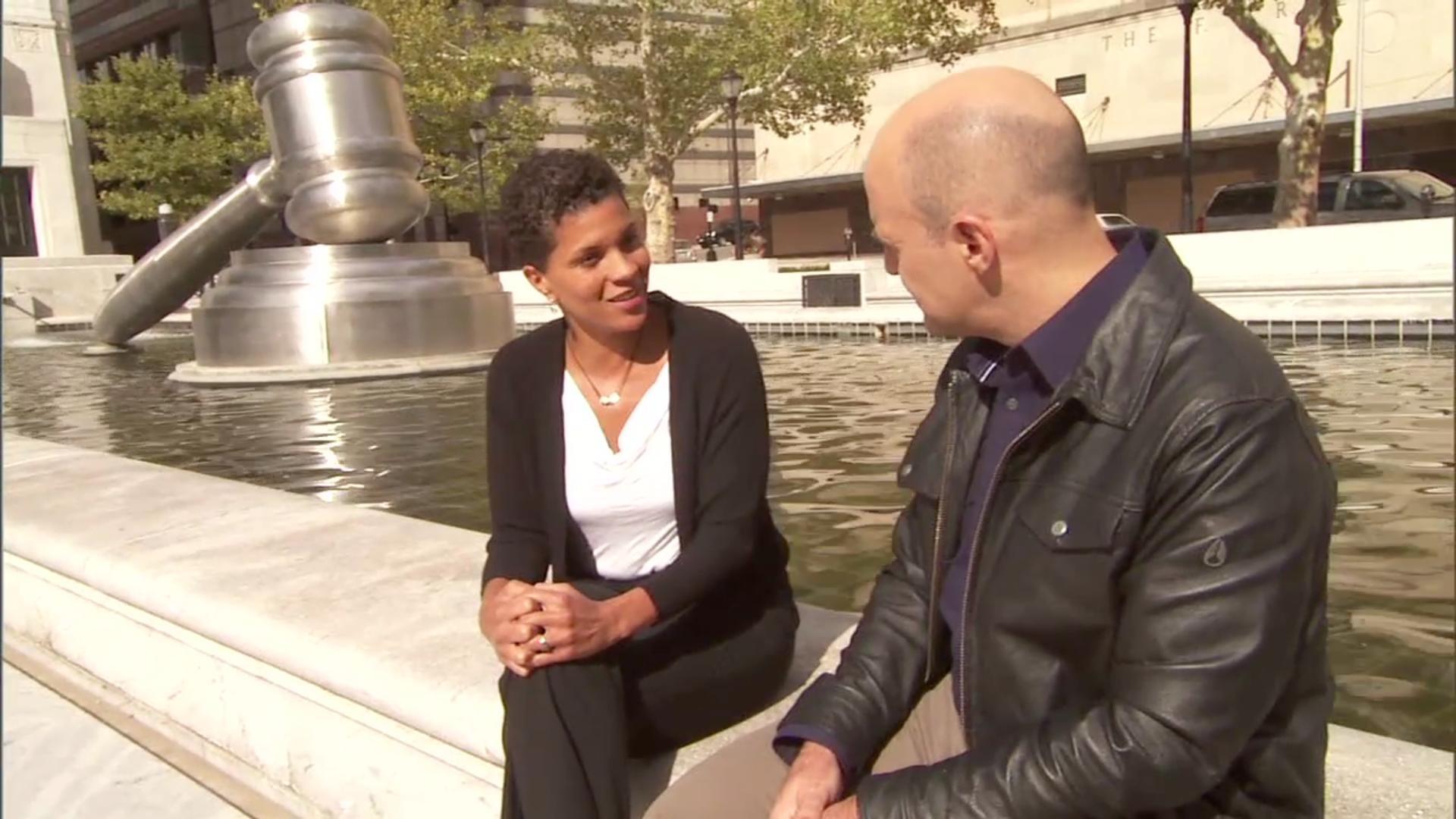
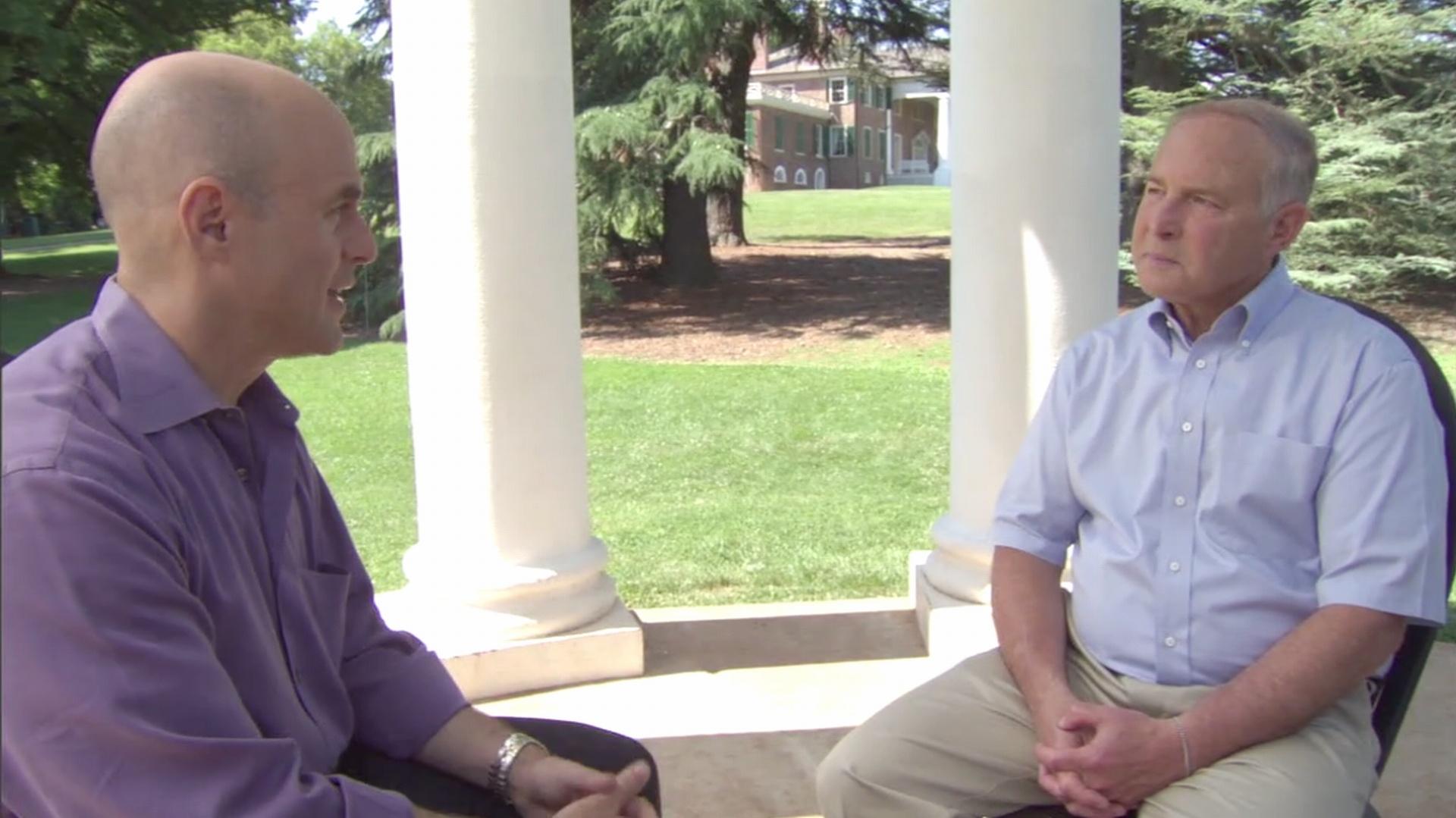
Of the Civil War Amendments, the Fourteenth Amendment had the most far-reaching effect on the meaning of the Constitution. It conferred both national and state citizenship upon birth, thereby protecting the legal status of the newly freed slaves. Eventually, the amendment would be interpreted to apply most provisions in the Bill of Rights to the states as well as the national government. And finally, the Fourteenth Amendment introduced the ideal of equality to the Constitution for the first time, promising “equal protection of the laws.”
A key feature of the Fourteenth Amendment was that it directly prohibited certain actions by the states. It also gave Congress the power to enforce the amendment through legislation. The Fourteenth Amendment represented a great expansion of the power of the national government over the states. It has been cited in more Supreme Court cases than any other part of the Constitution. In fact, it made possible a new Constitution—one that protected rights throughout the nation and upheld equality as a constitutional value.
Equality content written by Linda R. Monk, Constitutional scholar
This Supreme Court decision attempted to settle the legal status of slaves in free territories to avert a civil war, but it provoked one instead.
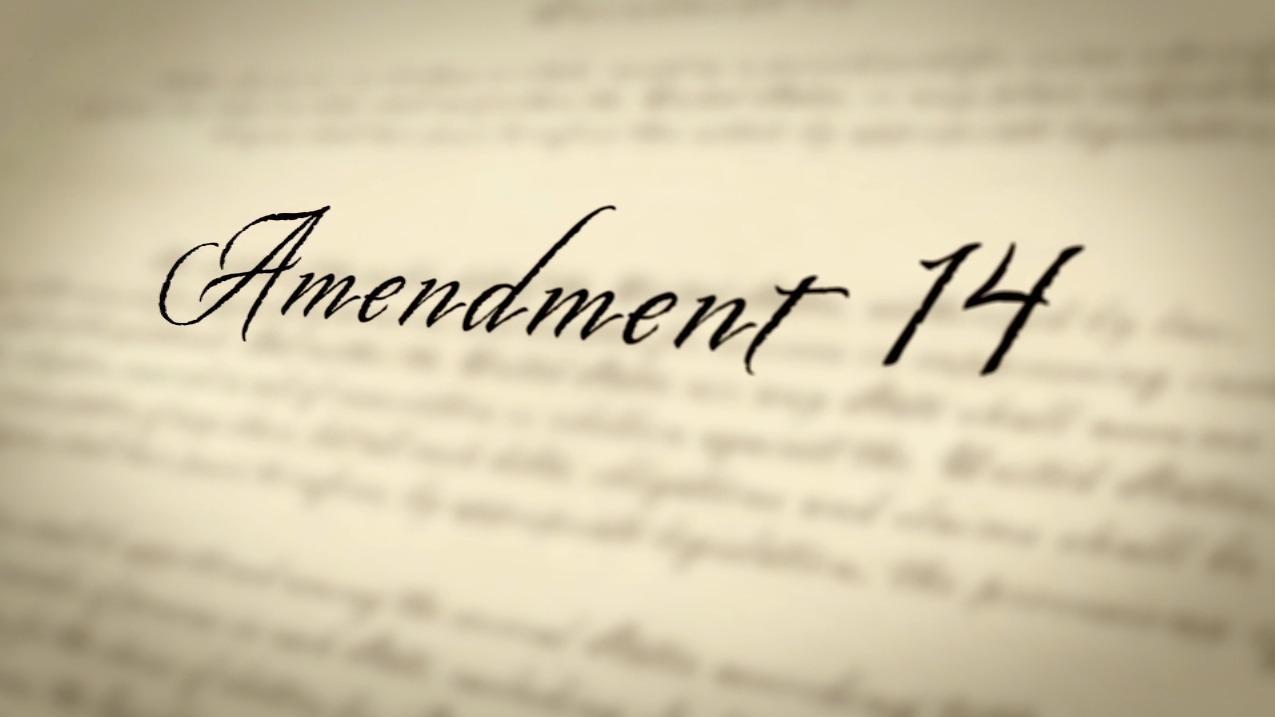
The first part of the Fourteenth Amendment, known as the Citizenship Clause, automatically confers U.S. and state citizenship at birth to all those “subject to the jurisdiction” of the United States.
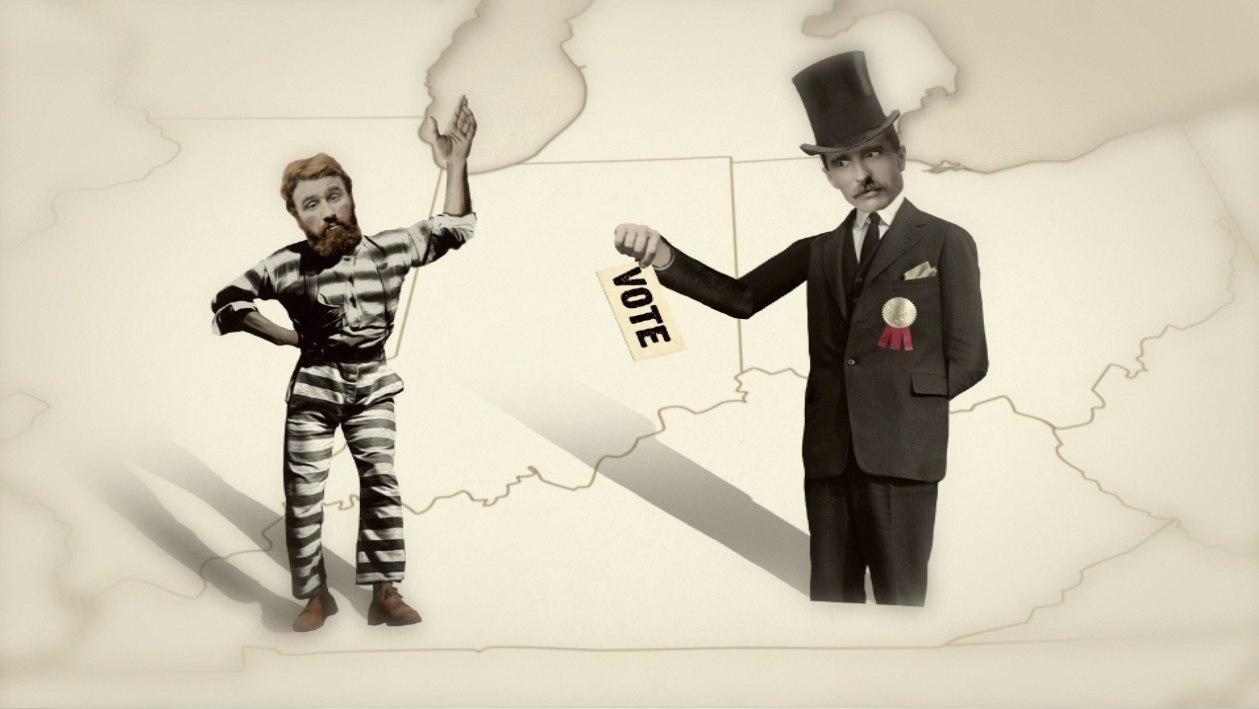
The Due Process Clause of the Fourteenth Amendment is exactly like a similar provision in the Fifth Amendment, which only restricts the federal government.
Do you think the children of illegal immigrants have the right to a public education? Peter Sagal explores this question in episode three, Created Equal. Watch the clip and read more on the landmark decision Plyler v. Doe.
Do the Children of Illegal Immigrants Have the Right Public Education?
"In June 1982, the Supreme Court issued Plyler v. Doe, a landmark decision holding that states cannot constitutionally deny students a free public education on account of their immigration status. By a 5-4 vote, the Court found that any resources which might be saved from excluding undocumented children from public schools were far outweighed by the harms imposed on society at large from denying them an education.
"For more than thirty years, Plyler has ensured equal access to education for children regardless of status, but anti-immigrant sentiment continues to threaten that right. States and localities have passed measures and adopted unofficial policies that violate the spirit—if not the letter—of the Court’s decision. For example, in 2011 the state of Alabama enacted a law requiring school administrators to determine the immigration status of newly enrolling students, which in turn resulted in markedly higher rates of absenteeism for Latino school children and caused much fear and confusion in schools. Supporters of the Alabama law wanted to challenge Plyler itself, claiming the Court implied that its ruling could change if sufficient evidence established that the enrollment of undocumented children harmed the overall quality of education, but that challenge was blocked by the Courts." Read the full text
- Public Education for Immigrant Students: States Challenge Supreme Court’s Decision in Plyler v. Doe (American Immigration Council)

STREAM ANYTIME, ANYWHERE
